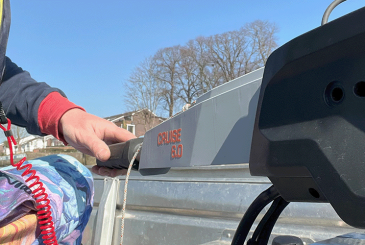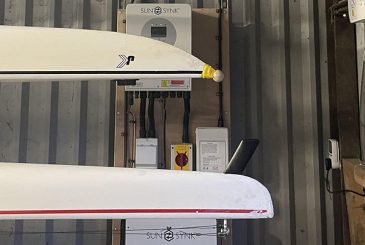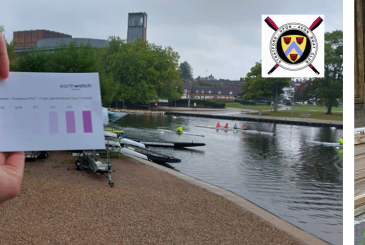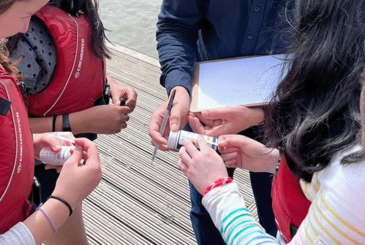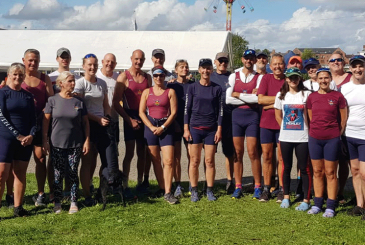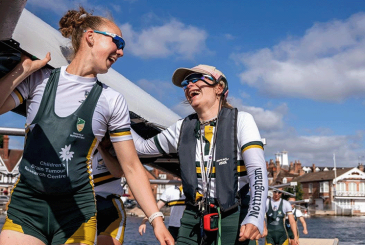Being part of your rowing club committee at university can be a win:win situation, as Kat Bulmer and Pete Boyes explain
Kat Bulmer, President of Newcastle University BC 2018-2020 and Pete Boyes, President of University of Nottingham BC, join Bryony Grimes to offer their top tips for incoming student committees who will be learning to run a boat club after a year of COVID restrictions.
For many, aspiring to join the committee comes from months of watching crewmates flourish in their new roles. However, getting enthusiastic volunteers to run for these positions, Pete says, is a much harder task than he’d previously thought. That challenge is even greater now.
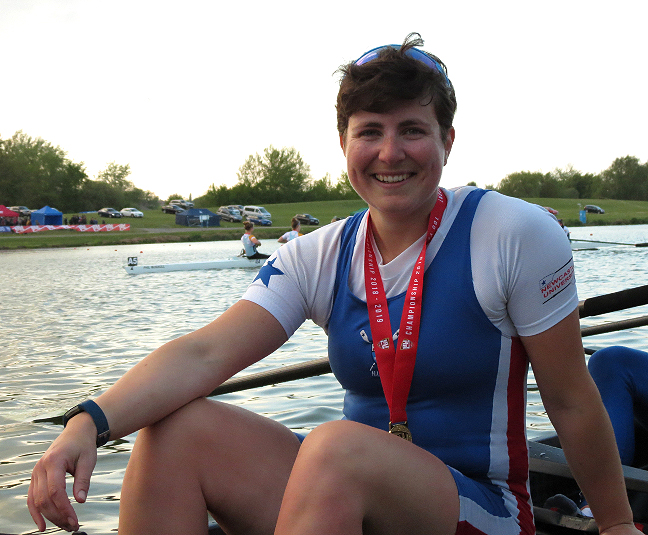
In their combined seven years as presidents, Kat and Pete have seen many a successful committee take up the mantle. The key to securing this talent, they inform me, is building the confidence of candidates and ensuring visibility of the job descriptions. It might require the current committee to plant the seed in someone’s mind, but one thing is crucial: they must be in it for the club, not just their CV.
Having structure to the election process is also essential, as is helping people to see the amount of change they can bring about. Both Kat and Pete emphasise that university clubs are truly student run, so stepping into a position can become your legacy. There is enormous satisfaction in knowing your ideas will have a positive effect on members for years to come.
Sharing a vision
It’s hard to engineer a committee that succeeds from day one, Pete tells me, but everything syncs up when you share a vision. From there, it’s important to create an environment where everyone has a voice. Kat maintains that this brings out the best ideas and avoids potential conflict. However, trying to please everyone isn’t always possible.
It’s also one thing knowing how someone performs in a boat and another how they will approach their commitments off the water. As President, Pete prefers to give his team a month to do their own thing, feel out personality dynamics and gauge working styles.
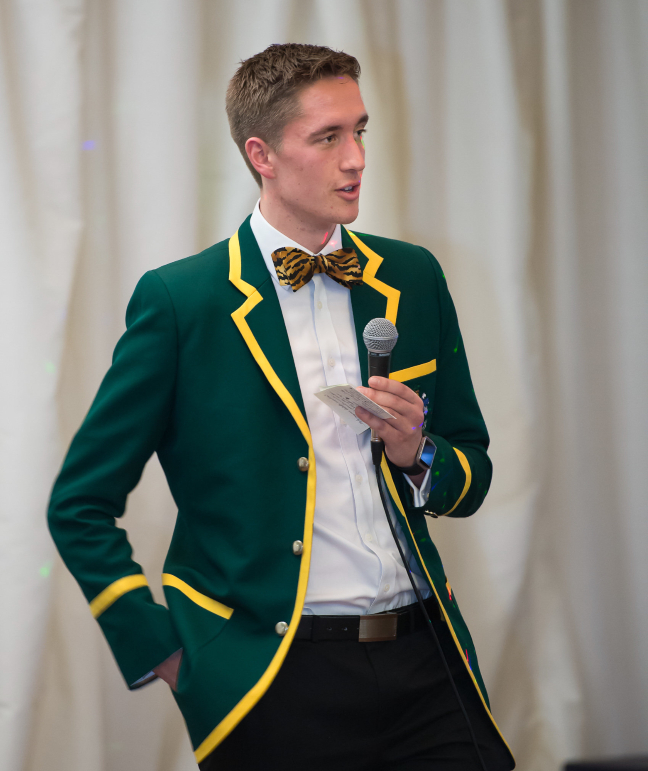
The team will work most effectively, Kat says, when you take this time to understand their strengths and preferences and are therefore able to share future responsibilities based on skill sets, not just job descriptions.
“Incoming committees are advised to lean on their networks, in particular alumni”
It goes without saying that much of this was more straightforward in a pre-COVID world. Nonetheless, Kat and Pete believe that a lot of good lessons learnt in 2020 can, and should, have a lasting effect on clubs. For example, video calling has proven an opportunity to bring together members from past and present. Lockdown has also enforced a culture of communication and making time for conversations around wellbeing and mental health.
Incoming committees are advised to lean on their networks, in particular alumni. Handover documents can provide a wealth of information, especially where knowledge might be leaving the club with graduating members, and these valuable insights should be preserved. British Rowing’s database ClubHub is a GDPR-compliant portal for clubs to do just this.
“Skills gained in their leadership roles are transferable to their chosen professions, along with being very desirable to employers”
Kat tells me that when you first join the committee, it’s easy to get carried away, but stresses that this year has taught our leaders to prioritise and focus on a handful of goals, enabling them to better achieve what they set out to do.
And, no matter the challenges, there’s a consensus between Kat and Pete that their time on the committee has been invaluable. Many of the skills gained in their leadership roles are transferable to their chosen professions, along with being very desirable to employers.
Developing your skill-set
Pete points me in the direction of a report commissioned by BUCS that demonstrates the value of sport on attaining jobs after graduation. The study showcases the sizeable impact of sport on graduate employability and found that graduates participating in sport earned £6,344 per annum more than their counterparts who didn’t do sport at university.
This, Pete says with a smile, has at least slapped a numerical value onto his hobby. Financial benefit aside, maintaining a committee position alongside your studies gives you a lot to talk about in an interview. And, since we all have a little more time on our hands, now is a great opportunity to talk to alumni about the impact of their rowing experiences in securing a job.
Kat’s closes her interview by telling me that she is a very different person to when she started rowing at university. She remarks that, with a committee role, there’s no limit what you can achieve, especially with hard work. COVID can’t and won’t stop that.



